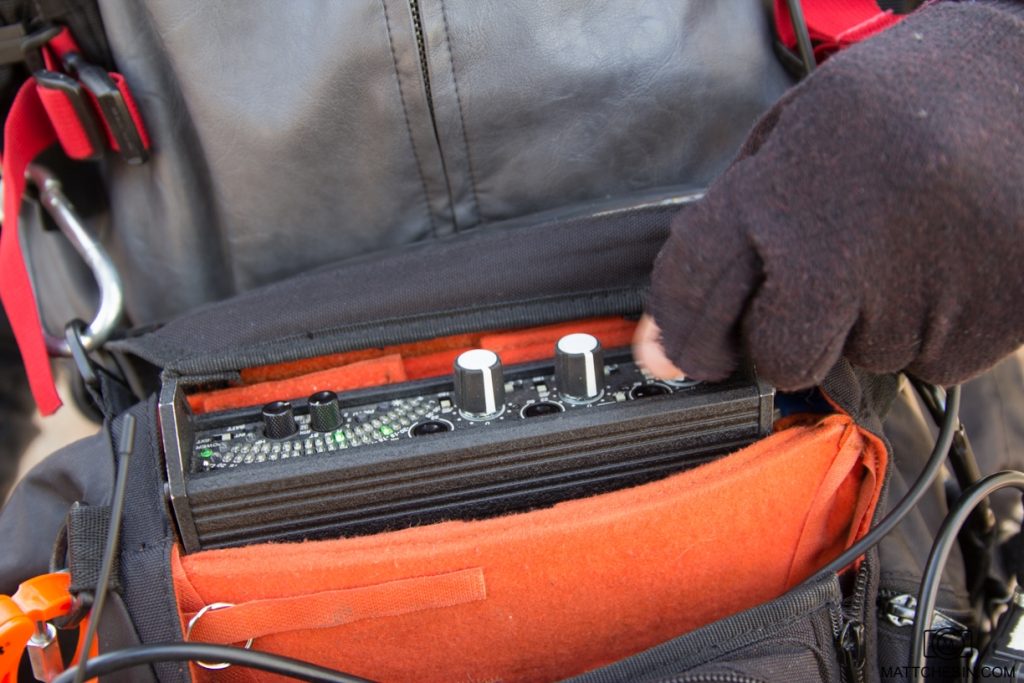Audio quality is one of the most crucial aspects of a film. If the sound quality is poor, people are not going to take your film seriously no matter how good it may be otherwise. Getting sound right begins before you even begin recording. If you follow these pre-production audio tips, you will be off to a good start.
1. Use Quality Equipment

While many independent filmmakers are severely restricted budget-wise, it’s crucial to ensure that your film has a professional sound. That’s why you should do everything possible to acquire decent audio equipment. Whether you purchase it, borrow it or rent it, you should make this a priority in your budgeting. If you are making your film on a shoestring budget, your best choice is probably to rent quality equipment. You can rent professional quality microphones and other equipment at companies such as LensRentals or BorrowLenses.
2. Choose Your Locations Carefully

When you scout for locations, you should consider sound as well as visuals and other factors. Some locations are naturally better suited to create great sound. Others are likely to create problems for you, such as ambient noises in the background. All of this must considered in the pre-production phase so you can plan properly. It’s advantageous when you’re in an environment where you can control all of the variables. In public spaces, this is not always the case. For example, if you are on a city street, there will be traffic and possibly sounds such as fire trucks and sirens. When you scout locations, pay attention to factors such as traffic, noises such as air conditioners or other appliances, voices and anything else that might interfere with sound quality.
3. Use Professional Sound Specialists

4. Consider Sound Quality When Planning Your Shots

5. Understand the Importance of Room Tone

When considering the overall sound quality of your film, don’t neglect the importance of room tone. This refers to the sound of a room when no action or dialogue is taking place. This is due to factors such as the size of the room, the materials used to construct the building, the height of the ceilings and the presence of objects and people in the room. While the average person will not notice this, an experienced sound recordist can distinguish subtle differences in room tone from location to another. That’s why microphones will pick up different tones in different rooms even if no obvious sounds are being created. It’s important to record room tone at every indoor location you will be using to ensure proper and consistent sound quality.
